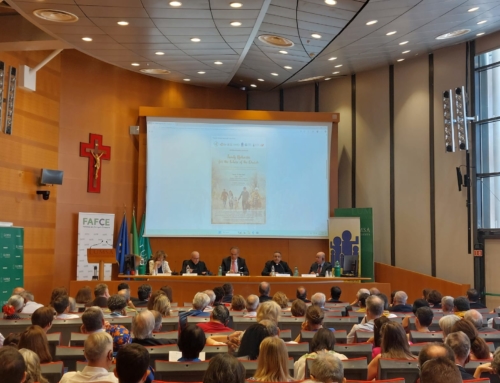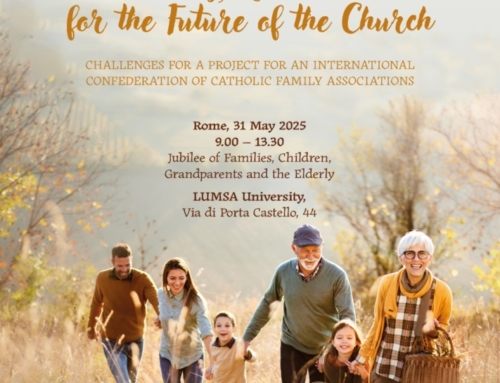On 7 October the Parliamentary Assembly of the Council of Europe adopted a resolution in favour of the right of conscientious objection for medical practitioners: The right to conscientious objection in lawful medical care. The Federation of Catholic Family Associations in Europe (FAFCE) welcomes this text that is an important event and a remarkable reversal of the initial report entitled ‘Women’s access to lawful medical care: the problem of unregulated use of lawful conscientious objection’, that presented several breaches to fundamental principles of a democratic society based on the rule of law and Human rights, in particular the freedom of conscience.
The adopted amendments turned the text into an instrument that affirms that “No person, hospital or institution shall be coerced, held liable or discriminated against in any manner because of a refusal to perform, accommodate, assist or submit to an abortion, the performance of a human miscarriage, or euthanasia or any act which could cause the death of a human foetus or embryo, for any reason.” The adopted resolution invites member states to develop comprehensive and clear regulations that define and regulate conscientious objection with regard to health and medical services.
This vote is all the more important as it took place after a great mobilisation of the civil society aiming to support the respect of the right of conscientious objection that foremost concerns medical practices that are related to life, from its beginning to its natural end.
The Federation of Catholic Family Associations in Europe, FAFCE, a member of the INGO Conference of the Council of Europe and deeply attached to the values promoted by the latter is one of the actors of this mobilisation. During a hearing co-organised by the FAFCE in the Council of Europe on 6 October, Dr Andrew Fergusson, a former Chairman of the Professional Conduct Committees at the UK General Medical Council, underlined that every medical practitioner has a professional duty and that “ever since Hippocrates, the practice of medicine has been founded in a number of core ethical values. Practising good medicine is a moral activity and not just a technical one. (…) These core ethical values become part of the physician’s understanding of who they are and what they have entered medicine for. They are central to the doctor’s self identity. And when a person is coerced by employers, or by the power of the state, to act in a way which transgresses these core ethical values then their internal moral integrity is damaged.”
The second speaker, Spaniard Javier Borrego Borrego, former judge at the European Court of Human Rights emphasized that freedom of conscience is a fundamental right and that its restriction is “in contrary to the European Convention on Human Rights and the jurisprudence of the European Court of Human Rights”.
The FAFCE salutes this vote and thanks the representatives of the peoples of Europe for their vote in favour of life and human dignity.







